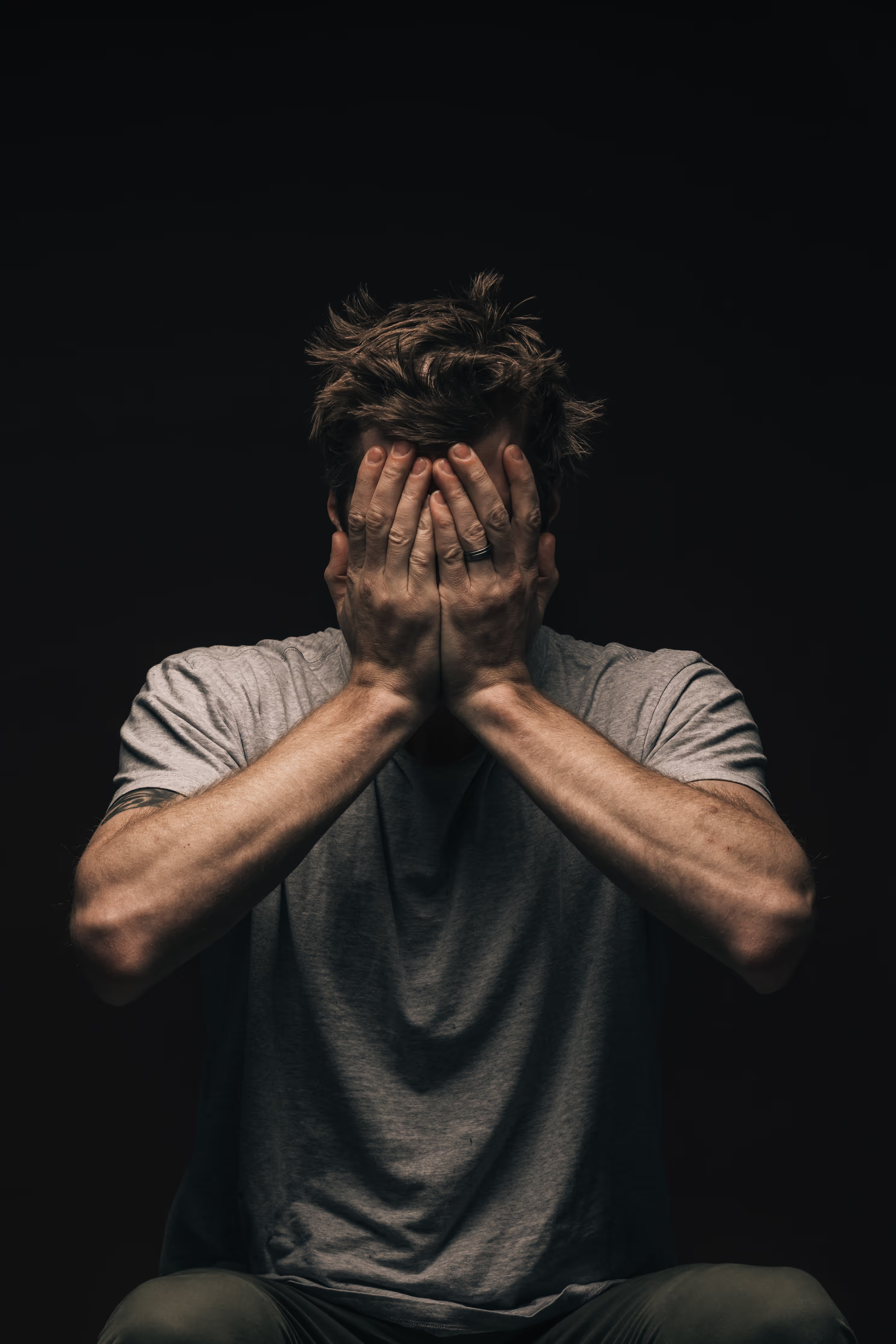
Imagine having limitless energy and the drive to complete any task regardless of sleep or even simple rest. Most people yearn to have this sort of energy in their life. However, if this feeling goes unchecked, you might be experiencing mania, one of the main symptoms of Bipolar Disorder.
You might notice that your limitless energy transforms into delusional thinking. Then, your delusional thinking lands you in the hospital. Followed by the hospital stay, you finally crash, resulting in a period of profound loss of interest or depression. The cycling between mania and depression is the main tenant of Bipolar Disorder.
Most people have a general understanding of Bipolar Disorder. Mainly, the ups and downs associated with it.
However, most people do not know that Bipolar Disorder is in fact a Circadian Rhythm (your body’s natural clock) Disorder. Once your natural clock is disrupted, you might exacerbate the symptoms of your Bipolar Disorder.
Before we dive deeper into Bipolar as a Circadian Rhythm Disorder, I will provide you with more information regarding the disorder itself for those of you still unfamiliar with the basic symptoms and types of bipolar disorder.
Bipolar disorder, formerly called manic depression, is a mental health condition that causes extreme mood swings that include emotional highs (mania or hypomania) and lows (depression).
When you become depressed, you may feel sad or hopeless and lose interest or pleasure in most activities. When your mood shifts to mania or hypomania (less extreme than mania), you may feel euphoric, full of energy or unusually irritable. These mood swings can affect sleep, energy, activity, judgment, behavior and the ability to think clearly.
Episodes of mood swings may occur rarely or multiple times a year. While most people will experience some emotional symptoms between episodes, some may not experience any.
Although bipolar disorder is a lifelong condition, you can manage your mood swings and other symptoms by following a treatment plan. In most cases, bipolar disorder is treated with medications and psychological counseling (psychotherapy).
Now that you have a more general understanding of Bipolar Disorder, I will now provide you with information about the different types of Bipolar Disorder.
Bipolar I disorder is defined by manic episodes that last at least 7 days (most of the day, nearly every day) or by manic symptoms that are so severe that the person needs immediate hospital care. Usually, depressive episodes occur as well, typically lasting at least 2 weeks. Episodes of depression with mixed features (having depressive symptoms and manic symptoms at the same time) are also possible. The experience of four or more episodes of mania or depression within a year is termed “rapid cycling.”
Bipolar II disorder is defined by a pattern of depressive episodes and hypomanic episodes, but the episodes are less severe than the manic episodes in bipolar I disorder.
Cyclothymic disorder (also called cyclothymia) is defined by recurrent hypomanic and depressive symptoms that are not intense enough or do not last long enough to qualify as hypomanic or depressive episodes.
Now that you have a deeper knowledge of the various types of Bipolar Disorder, I will now let you in on the big secret: your Bipolar Disorder at its foundation is a Circadian Rhythm Disorder.
Research has found that people with Bipolar Disorder also have a malfunctioning Circadian Rhythm, especially in regard to the release of melatonin. The hormone melatonin is responsible for our sleep/wake cycle, specifically determining the amount of light in our environment.
For instance, some studies have shown an increased release of melatonin during mania and decreased levels during depression.
Essentially, the fluctuating amounts of melatonin in your system trick your mind regarding how much rest you actually need. When you’re manic and melatonin in your system is high, your body feels the limitless energy described in the opening.
On the contrary, when melatonin in your body is low, you feel an extreme loss of interest or depression because your body needs more rest to make up for the low levels of the hormone.
If any of these symptoms feel familiar to you, book an appointment with DrQuit. Medicine can even be prescribed during your first visit.
Don’t forget to mention your sleep patterns as a symptom during your visit. It will help your doctor better diagnose which type of Bipolar you have.
So, if you want to quit the ups and downs associated with Bipolar Disorder, contact DrQuit for your psychiatric needs.